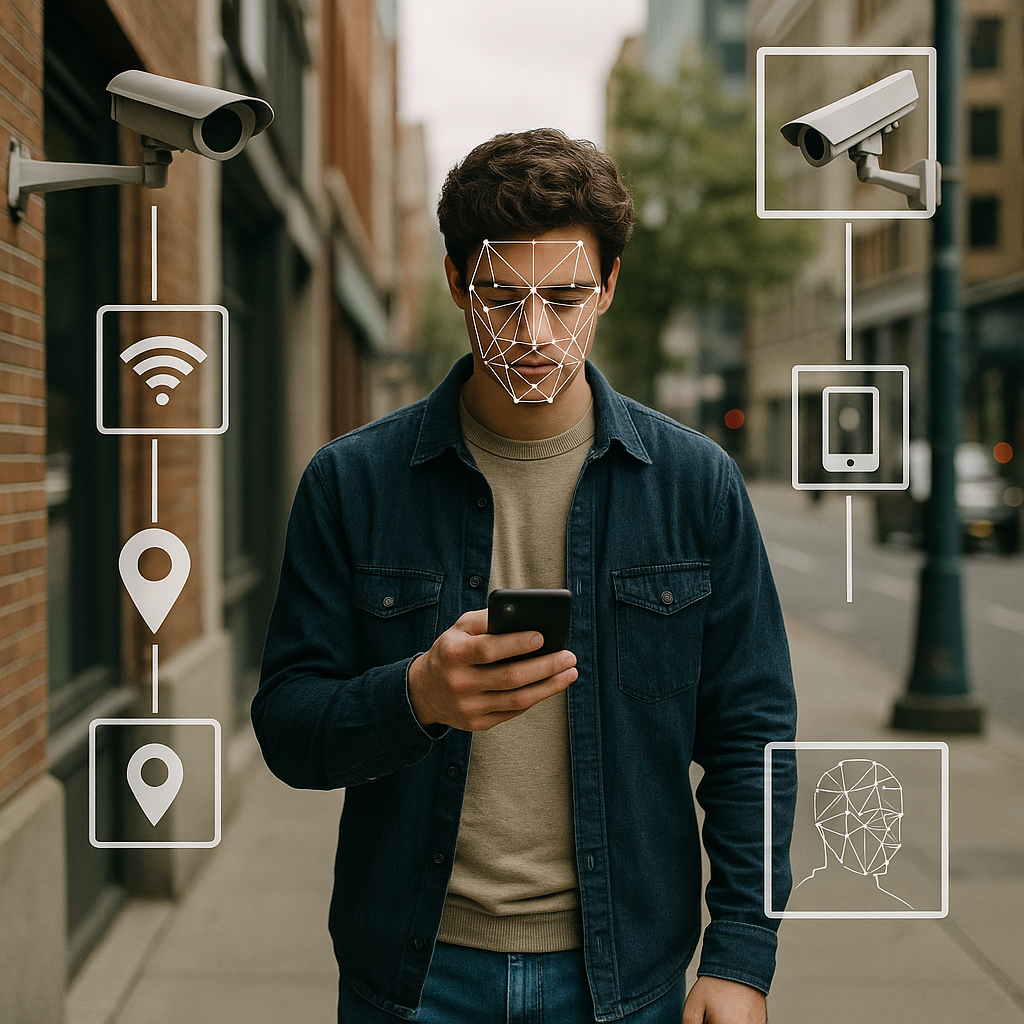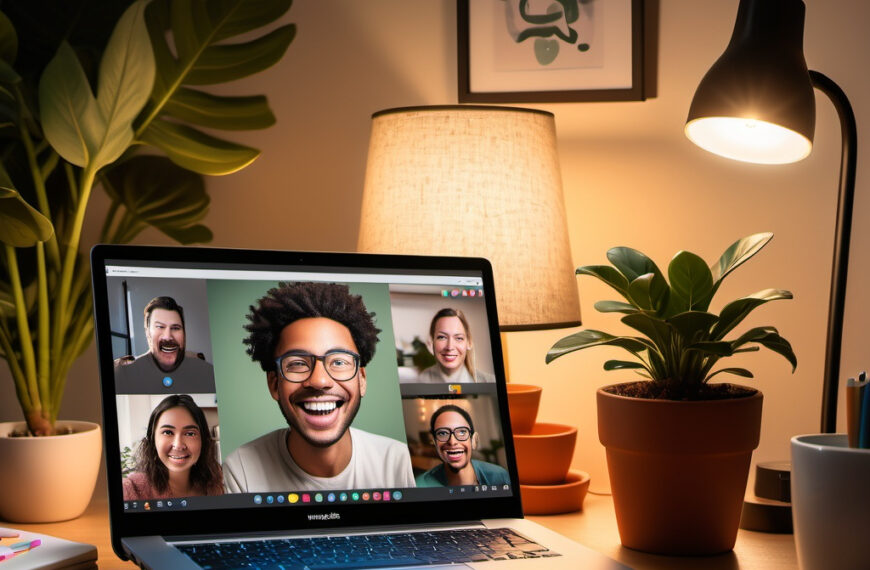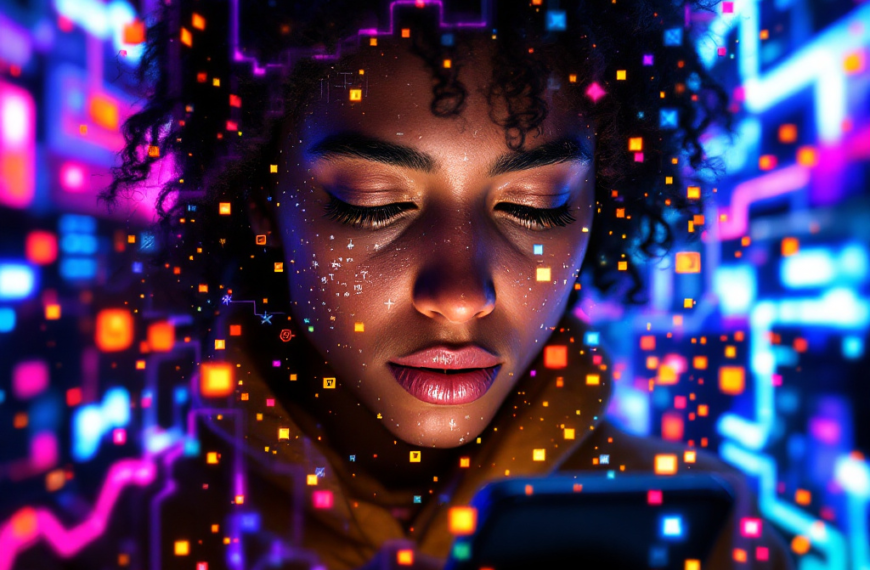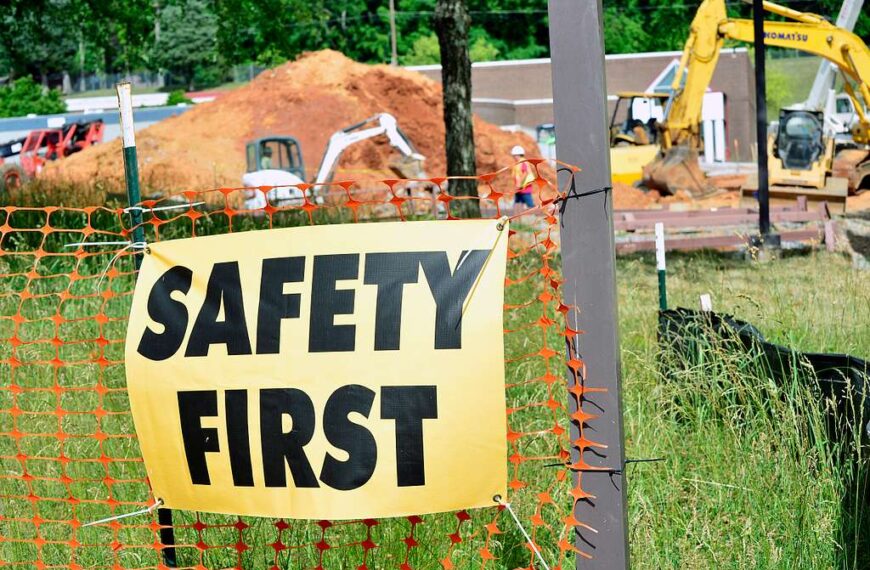Introduction

Have you ever walked through a city centre and wondered if you’re being watched? With the rise of artificial intelligence (AI), that feeling might not be just in your head. AI is changing many areas of life, and one of the biggest changes is in surveillance. Today, governments and companies can use AI to watch and track people more easily than ever before. While this can help with safety and crime prevention, it also raises big ethical questions. In this article, we’ll look at the pros and cons of AI surveillance, and why it matters for society.
What Is AI Surveillance?
AI surveillance refers to the use of technologies like facial recognition, machine learning, and big data to monitor people and behaviours. It often involves cameras, microphones, sensors, and data analysis tools that are powered by AI systems.
For example, facial recognition software can scan crowds and identify individuals within seconds. AI can also analyse patterns of movement, speech, or even online activity to find suspicious behaviour.
AI surveillance is already being used in many countries. A report from the Carnegie Endowment for International Peace found that many countries use AI tools for surveillance, including democracies and authoritarian states.
Why Use AI Surveillance?
Supporters of AI surveillance argue that it can make the world safer. Here are some of the benefits often mentioned:
- Crime Prevention: AI can help police spot criminal behaviour and respond faster.
- Public Safety: Large events, like football matches or concerts, can be monitored more effectively.
- Health Monitoring: During the COVID-19 pandemic, some countries used AI to track virus spread and ensure social distancing.
An example of this is China’s use of facial recognition and tracking apps during the pandemic to monitor people in quarantine and track infections.
Ethical Concerns
But AI surveillance also raises serious ethical issues. Here are some of the main concerns:
1. Privacy and Consent
AI surveillance can collect a lot of personal information, often without people knowing or agreeing to it. Facial recognition can identify someone in public without their permission, and AI can track what people do, say, or even feel.
The UK Information Commissioner’s Office (ICO) has warned that facial recognition in public spaces must be used very carefully to avoid breaking data protection laws.
2. Bias and Discrimination
AI systems are trained on data, and if the data includes bias, the system can be unfair. For example, a study by NIST showed that facial recognition is often less accurate for people with darker skin tones, which can lead to more false positives and unfair treatment.
This means people from minority backgrounds may be more likely to be wrongly identified or followed by AI systems.
3. Mass Surveillance and Freedom
Widespread use of AI for surveillance can lead to a “Big Brother” society, where everyone feels watched all the time. This can limit freedom of speech, protest, and personal expression. People may feel scared to act freely if they know they are being watched by AI.
Groups like Privacy International argue that unchecked surveillance harms democracy and human rights.
Striking a Balance
So how can we balance the benefits of AI surveillance with the need to protect rights?
- Transparency: Authorities should be open about when and how AI surveillance is used. This includes explaining what data is collected and for what purpose.
- Regulation: There should be strong laws that control how AI surveillance works. For example, the UK’s Surveillance Camera Code of Practice sets rules for camera use, but many experts say updates are needed to keep up with AI.
- Accountability: If an AI system makes a wrong decision, someone should be responsible. People need ways to challenge or appeal these decisions, especially if they affect their freedom.
- Fair Design: AI systems must be tested for bias and trained on fair, balanced data. Tools like Algorithmic Impact Assessments can help check how AI affects different groups.
- Public Debate: Finally, people need to be involved in the conversation. Surveillance should not be decided only by tech companies or the government. It’s a matter that affects everyone, so the public should have a voice.
Conclusion
AI surveillance is powerful—and like any powerful tool, it must be used with care. While it can help keep us safe, it also has the potential to harm our freedoms if misused. Ethical AI means finding the right balance between security and human rights.
As technology advances, we must keep asking: Just because we can watch, does that mean we should?
We all have a role in shaping how AI is used—stay informed, ask questions, and speak up.








